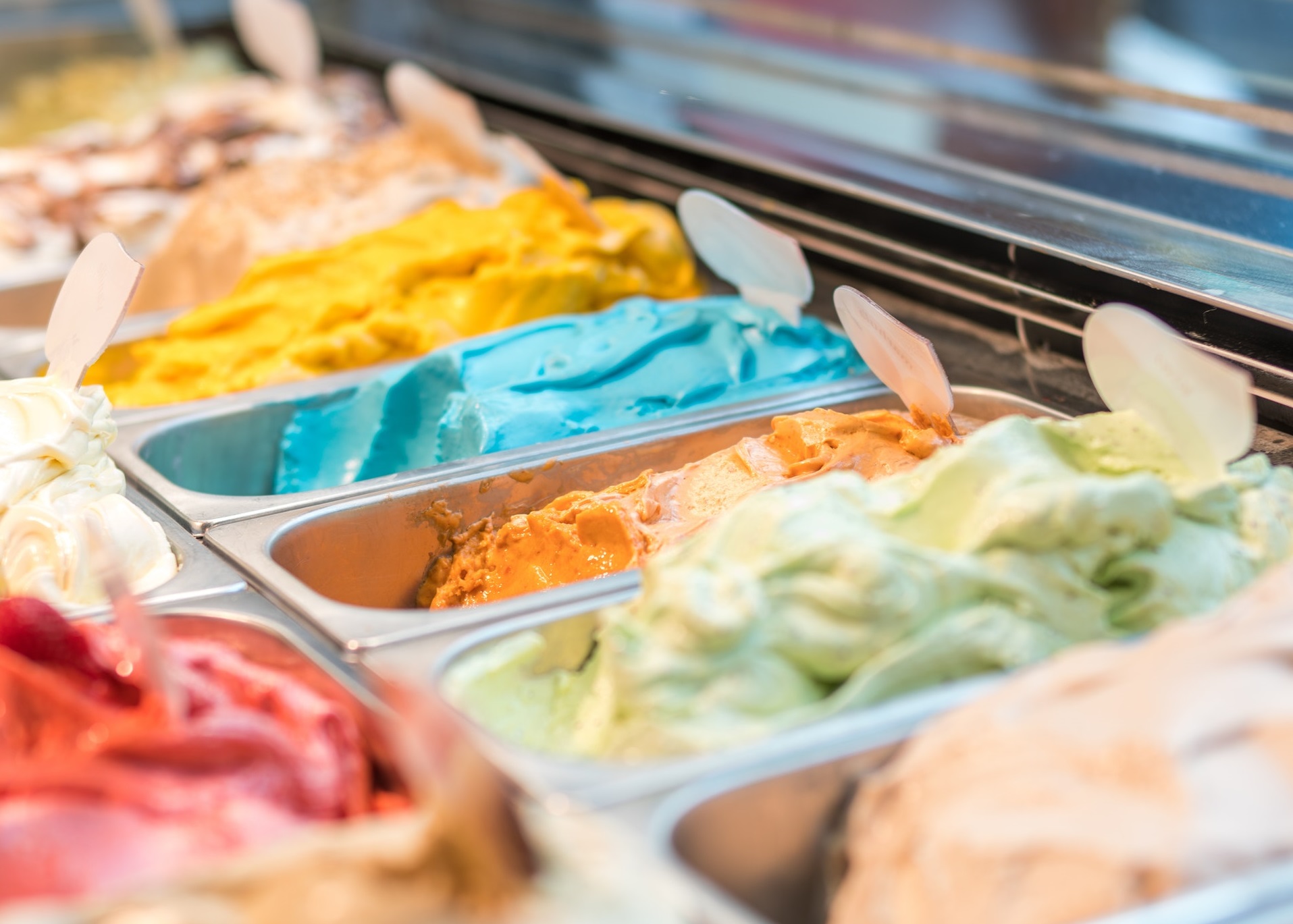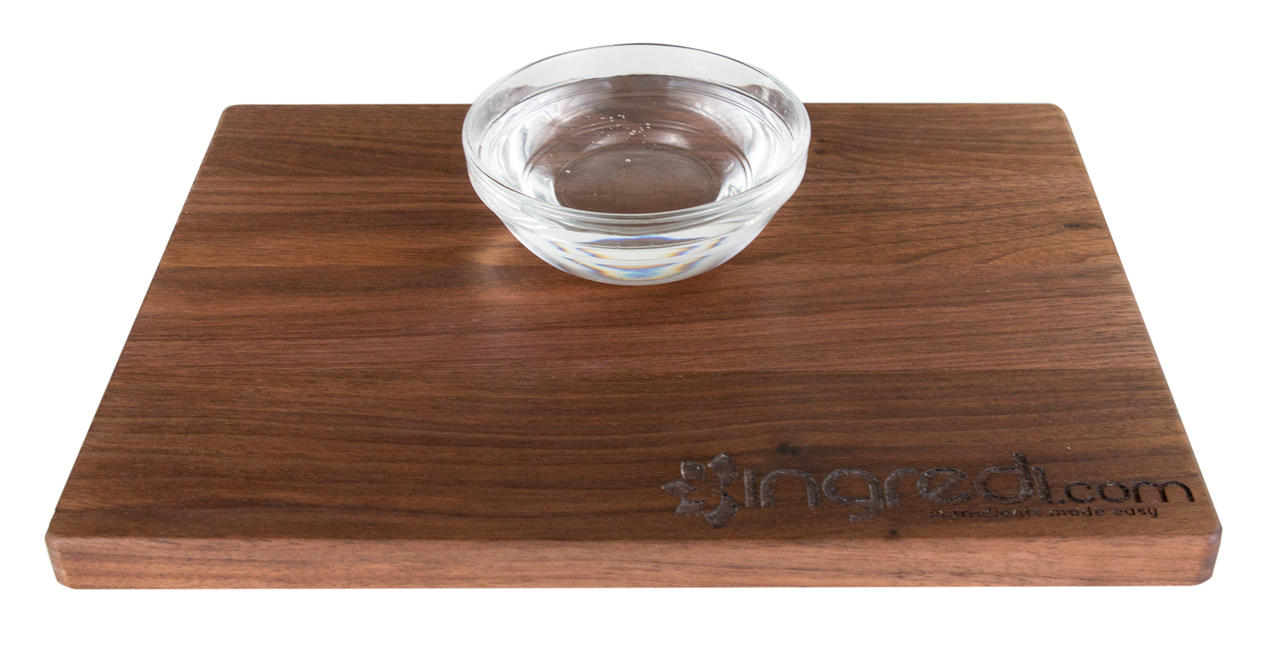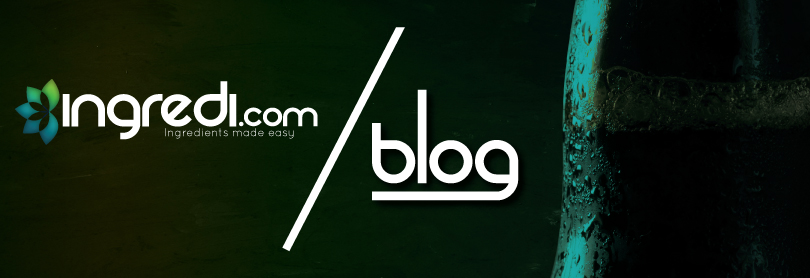What Do Italian Ice and Toothpaste Have in Common?
By on Jun 6th 2019
There’s almost nothing better than enjoying a frozen treat on a hot summer day. Many ice cream and frozen treat shops offer sugar-free options, so everyone can enjoy a delectable treat no matter their dietary restrictions.
Artificial sweeteners and sugar alcohols are often used to make foods like ice creams, Italian ice, milkshakes, and custards taste sweet without the use of sugar. One of the popular options is sorbitol—it’s so popular that Rita’s uses it to make their sugar-free Italian ice.

What is Sorbitol?
Sorbitol is a sugar alcohol, a type of carbohydrate that naturally occurs in many fruits (such as apples, pears, peaches, and dates) and vegetables. It is commonly used as a sweetener, humectant, texturizing agent, and emulsifier in the food industry.
Sorbitol is a nutritive sweetener with 2.6 calories per gram, while table sugar has 4 calories per gram. Since sorbitol is approximately 60% as sweet as sugar with fewer calories, it is a popular sugar alternative. But artificial sweeteners are usually added as well to compensate for the lower sweetness of sorbitol.
In its natural state, sorbitol is a white crystalline powder. It is synthetically made from corn syrup. Liquid sorbitol, or sorbitol solution, is a clear, odorless syrup mixed with 70% sorbitol and 30% water.

Sorbitol Uses
Sorbitol is used throughout various industries, including food and beverage, pharmaceutical, and cosmetic.
It is classified as Generally Recognized as Safe (GRAS), meaning experts consider it safe when used as intended. It is also internationally approved as an additive and is identified by the number 420 (listed E420 in Europe).
For confectioneries, sorbitol solution is used as a humectant to bring flavor and body to sugar-free recipes. Common foods containing sorbitol include sugar-free chewing gum, ice cream, candies, puddings, pancake mix, cookies, and Italian ice.
Sorbitol Solution is a humectant used in beverages. In soft drinks, sorbitol solution provides body, enhances flavor, and confers sweetness. Small amounts are also used in wine to chelate low levels of iron while eliminating the bitter taste in lower-quality wine. Its chelating property makes it useful in fruit drinks and cocktail bases as well.
In the pharmaceutical industry, sorbitol is used to sweeten syrups and chewable tablets. Sorbitol acts as a plasticizer, a substance that promotes flexibility, for gelatin in capsules. It is also a stabilizer for vitamin and antacid suspensions.
As an ingredient in personal care products, sorbitol is found in a wide range of products including lip balms, lotions, baby shampoos, and hair grooming aids where sorbitol works as both a moisturizer and a flavoring agent. It prevents moisture loss by pulling water via osmosis, which keeps skin hydrated (meaning it’s great for anti-aging).
You might find it surprising to learn that sorbitol is a common ingredient found in toothpaste. How can a sugar substitute be used to clean your teeth? Unlike sugar, sorbitol does not cause cavities. It improves the flavor, particularly in children’s toothpaste, as also holds toothpaste together.
Sorbitol Suppliers
If you’re looking for a sorbitol supplier that offers bulk quantities, we offer sorbitol solution that is manufactured and packaged by Archer Daniels Midland in the following sizes:
Sources:
https://www.sciencedirect.com/topics/agricultural-and-biological-sciences/sorbitol
https://www.chemicalbook.com/ChemicalProductProperty_EN_CB7183649.htm
https://thedermreview.com/sorbitol/
https://www.deltadentalins.com/oral_health/whats-in-your-toothpaste.html






